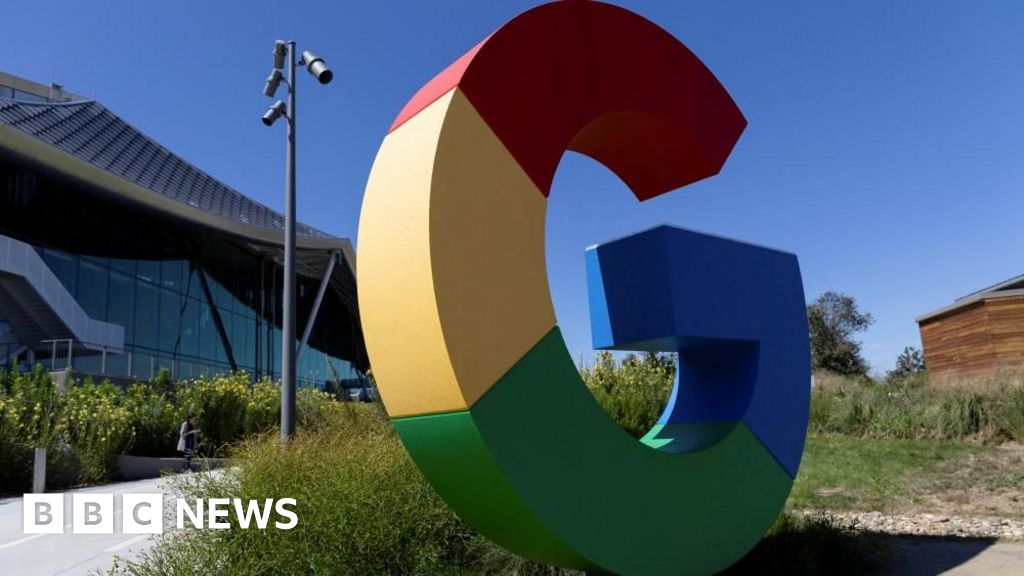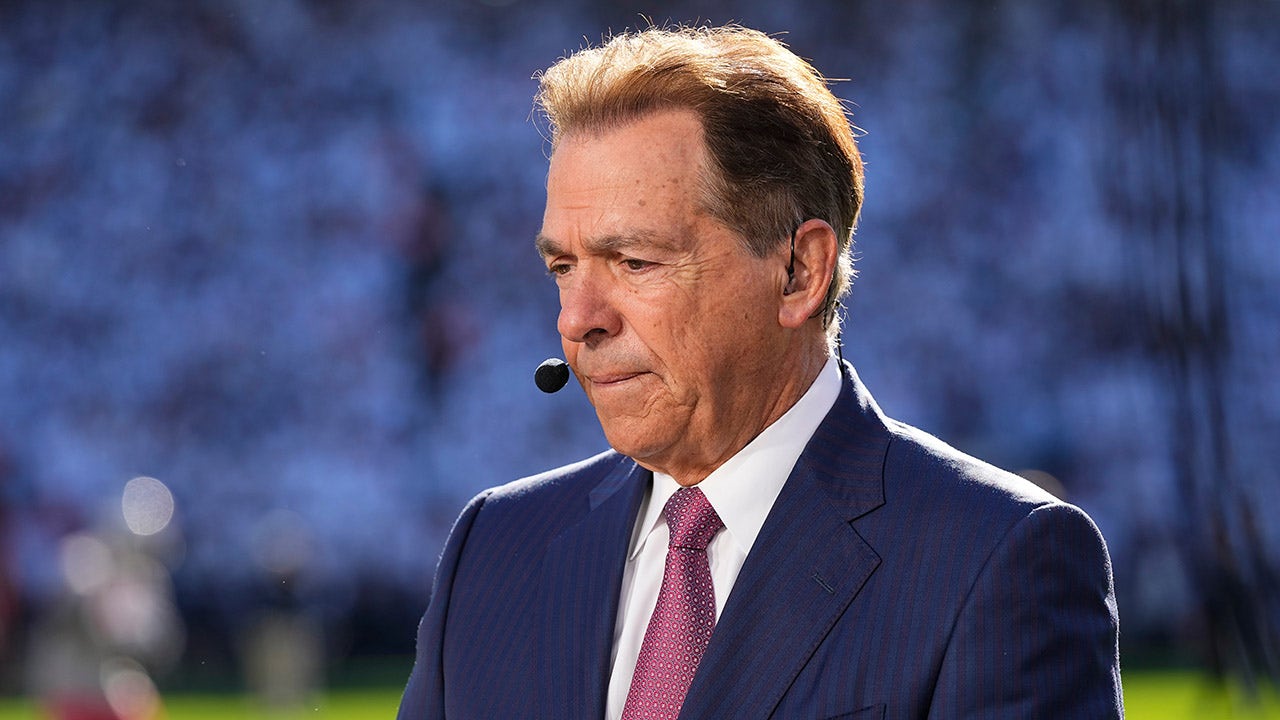Two facts loom over United Nations climate talks that begin Nov. 30 in Dubai: the planet is careening toward climate disaster, and governments are acting too slowly to avert the crisis.
Diplomats from nearly 200 countries, and many heads of state and government, will gather to try to draft a plan to accelerate the global transition away from fossil fuels because burning them is dangerously heating Earth.
The two-week conference is convened annually by the United Nations.
At last year’s summit in Sharm el Sheikh, Egypt, nations agreed to establish a fund to help poor, vulnerable countries cope with climate disasters made worse by the greenhouse gases pumped into the atmosphere by industrialized nations. But they made little progress in terms of cutting those emissions. A proposal to phase out fossil fuels was stymied by countries that produce and use gas, oil and coal. And Egypt, the host country, made deals on the sidelines of the summit to sell natural gas to Europe.
This year the United Arab Emirates, the world’s fifth-largest oil producer, is hosting the climate talks. That has drawn the anger of many activists, complicating the negotiations. The conference also is happening against a backdrop of geopolitical turmoil including wars the Middle East and Ukraine, making cooperation between nations even more difficult.
What is COP28?
COP stands for Conference of the Parties, with “parties” referring to the 197 nations that agreed to the United Nations Framework Convention on Climate Change in 1992.
By signing that agreement, countries promised to address “dangerous human interference with the climate system” and stabilize levels of greenhouse gas emissions in the atmosphere. The U.N. climate body convenes those governments once a year to discuss how to jointly address climate change.
This is the 28th time countries have gathered under the convention, hence, COP28.
When is COP28?
The conference officially runs from Nov. 30 through Dec. 12. But climate negotiations are famously contentious and usually run into overtime.
Where is COP28?
The meetings are being held at Expo City Dubai, an area described as a “future-centric mini-city” connected to the center of Dubai by a rail transit system.
There are two main sites for the event: the Blue Zone and the Green Zone. The Blue Zone is where the official negotiations take place, and where world leaders will speak. The Green Zone is more widely accessible and is a venue for exhibits and side events organized by youth and civil society organizations, academics, business groups and others.
What is the goal of COP28?
Look for three significant results from this summit.
The first is what’s called the global stocktake. This is the first formal assessment of whether nations are on track to meet a goal they set in Paris in 2015 to limit the rise in average global temperatures to 1.5 degrees Celsius (2.7 degrees Fahrenheit) above preindustrial levels.
That’s the threshold beyond which scientists say it will be increasingly hard for humans to cope with the severe storms, drought, heat and sea level rise that will intensify as the planet continues to heat up. Spoiler alert: The planet has already warmed by 1.2 degrees Celsius and emissions that are driving the change are going up, not down. The review will lay the groundwork for ambitious actions countries must take going forward, activists hope.
Second, there is an expectation that nations will finalize the so-called “loss and damage” fund they agreed to create last year. The major questions to be resolved include who will pay into the fund and who will have access to the money.
Finally, there is the political agreement that could emerge from the summit. It is likely that nations could agree on a deal to replace polluting fossil fuels with clean energy such as wind and solar power. The question is whether nations agree to phase out fossil fuels and, if so, what caveats are attached.
Why is COP28 Being Held in an Oil-Producing Country?
The United Nations rotates where the COP will be held every year through its regions (Africa, Asia-Pacific, Eastern Europe, Latin America and the Caribbean, and Western Europe). The United Arab Emirates made a bid to host, and the other countries in the Asia-Pacific group supported it. The U.A.E. subsequently appointed Sultan Al Jaber, the head of its state-owned oil company, as president of the climate summit.
Who will be at COP28?
More than 36,000 delegates — which include negotiators, observers and the media — are expected to attend the event, according to the United Nations climate body. The Emirates presidency said it expected about 70,000 to attend events.
Hundreds of world leaders have said they will be there, including King Charles III and Pope Francis. But the White House has not said whether President Biden will attend. President Xi Jinping of China also has not announced whether he will attend.
How will wars affect COP28?
The Israel-Hamas war, and, to a lesser extent, Russia’s ongoing war against Ukraine, have certainly diverted attention away from the climate talks. The conflicts have also weakened the prospect that wealthy countries will deliver on climate finance promises for poor nations, as many industrialized countries are giving emergency aid to Israel, Gaza and Ukraine.
The Israel-Hamas war has prompted Israel to curtail its participation at COP28. Israel had planned to send a delegation of about 1,000 people, both to celebrate the Abraham Accords normalizing the relationship between Israel and the Emirates, and to showcase Israeli renewable energy companies.
Maya Kadosh, Israel’s national coordinator for COP28, declined to give a precise number but said that, instead of hundreds of Israeli representatives, there would be dozens.
“It’s not going to be the COP that we hoped for,” Ms. Kodesh said. Still, she said, there will be an Israeli pavilion in the blue zone. Instead of bringing 30 Israeli clean energy companies, she said the government aimed to bring five Gaza-based companies for which is it providing funding.
“It is very important for us to be there,” Ms. Kadosh said. “First, to be part of the international agenda. And also, I think if we wouldn’t come, it would be another win for our enemies.”
Will there be protests at COP28?
The United Arab Emirates has said it would allow environmental activists to “make their voices heard” and peacefully assemble at COP28.
That was before the Oct. 7 massacre by Hamas and Israel’s subsequent airstrikes and invasion into Gaza, which have sparked emotional protests on both sides of the conflict. While the Emirates has privately assured several national delegations that they will be safe at the summit, they have offered no public updates about demonstrations.
The Voices for Action hub, located in the Green Zone, next to Mobility entrance, will be the space available for climate activists to hold demonstrations, the COP presidency has said.
What has happened at previous COPs?
The first COP took place in Berlin in 1995 after a critical mass of nations ratified the climate convention. It was a milestone and set the stage two years later for the Kyoto Protocol, which at the time was a landmark global climate agreement.
But the Kyoto Protocol required only wealthy, industrialized nations to curb emissions while developing countries — including major emerging economies like China, India and Brazil — would have reduced emissions voluntarily.
The United States Senate unanimously opposed it and so did President George W. Bush, setting in motion nearly two decades of wrangling over which nations bear the most responsibility for tackling climate change. In 2014 the United States and China broke the impasse by agreeing to take steps to tackle global warming. That helped lead 200 countries one year later to sign the groundbreaking Paris climate agreement. For the first time, rich and poor countries agreed to act, albeit at different paces, to tackle climate change.
The United States withdrew from the Paris accord under President Donald J. Trump but rejoined under President Biden.
Although leaders made big promises in Paris, countries have not taken enough actions to stave off the worst effects of climate change. Scientists, activists and many world leaders agree that more ambition is needed — perhaps this year even a pledge to phase out fossil fuels — even as countries start to make good on their plans to cut emissions.















































